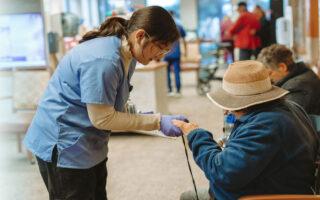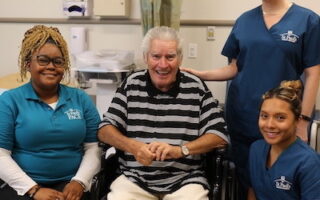
The holiday season can be an emotionally challenging time for the over Read More

The holiday season can be an emotionally challenging time for the over Read More

At St. Paul’s Senior Services and St. Paul’s PACE, we embrace a Read More

Older adults are more likely to develop chronic conditions as they age. Read More

St. Paul’s Senior Services has a track record of being a leader Read More

Aging as we know it poses many barriers and finding ways to Read More

Bruce Carron has lived at Talmadge Gateway, a Wakeland supportive housing community Read More

Do you find it hard to manage your chronic medical conditions? Just Read More

What Sets Us Apart
St. Paul’s Senior Services isn’t referred to as the Read More

St. Paul’s Senior Services knows how difficult it can be to care Read More

San Diego is a beautiful southern California city with 70 miles of Read More

The term ‘hospice’ scares a lot of people when they hear the Read More

There’s no doubt that aging can take a toll on your health. Read More
Last updated on December 18th, 2023 at 12:39 pm - St. Paul’s PACE website H5629 2102 - Approved on 3/23/2021